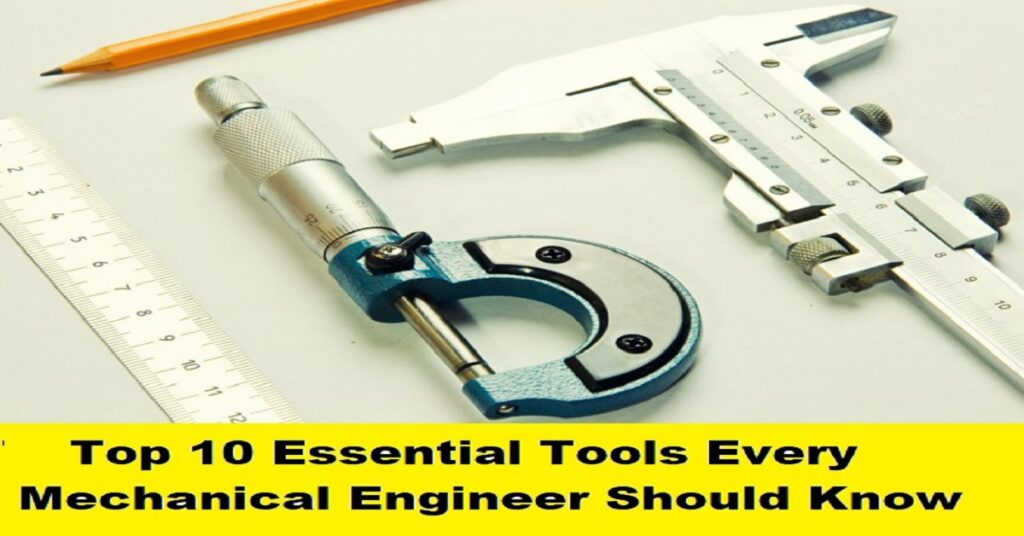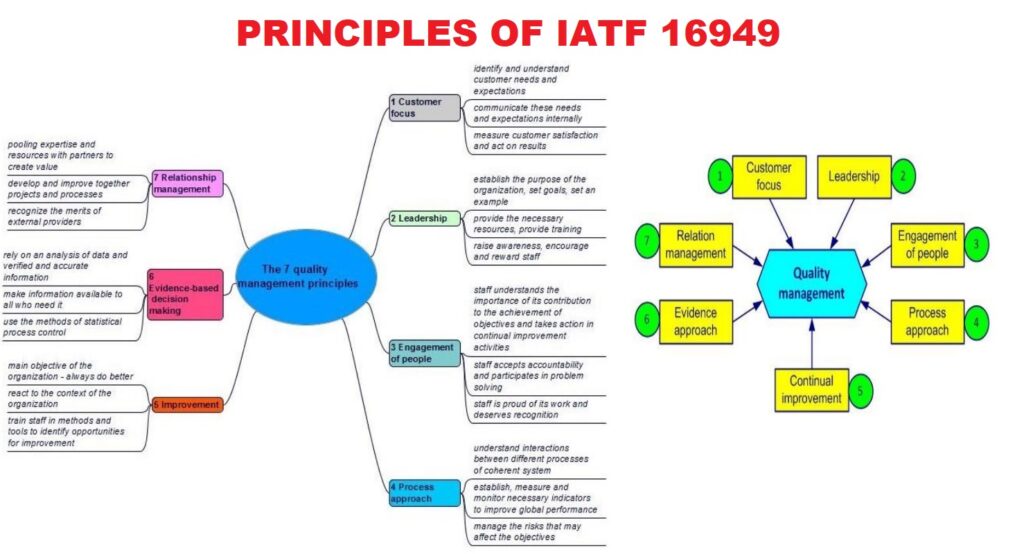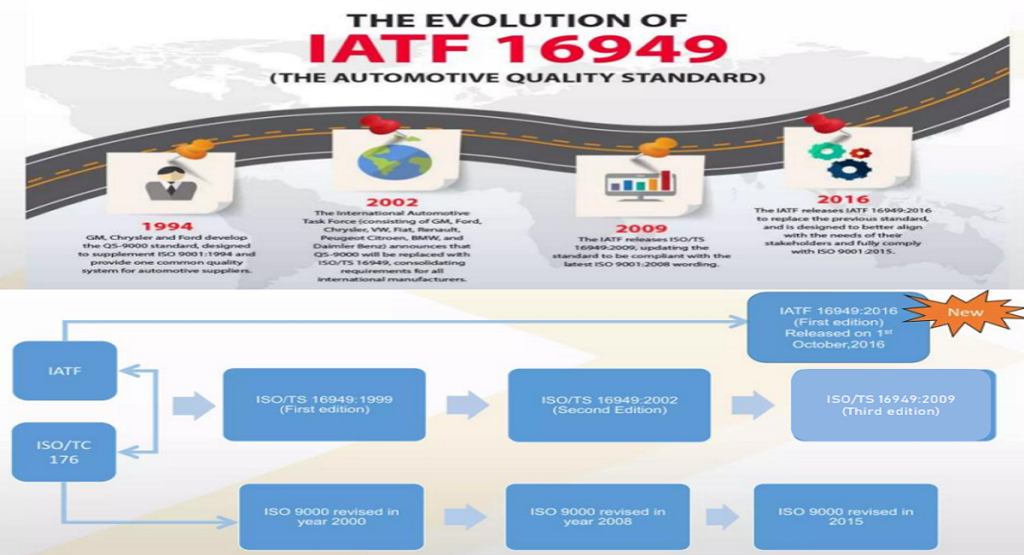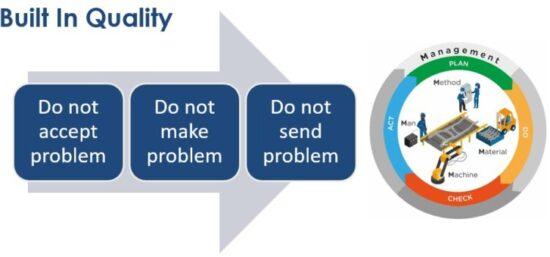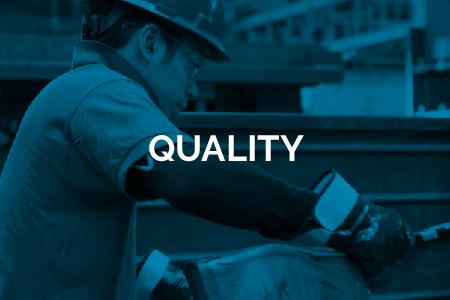Interviewing for a Supplier Quality Manager position in the manufacturing industry can be challenging, given the critical role such a manager plays in ensuring that suppliers meet the required quality standards. Below are the top 20 interview questions and suggested answers to help you prepare:
1. What is the role of a Supplier Quality Manager?
Answer:
A Supplier Quality Manager is responsible for ensuring that the products and services provided by suppliers meet the required quality standards. This involves evaluating suppliers, conducting audits, and working closely with them to resolve quality issues. The goal is to maintain consistent product quality, minimize risks, and ensure that supply chain processes are efficient and effective.
2. Can you describe your experience with supplier audits?
Answer:
In my previous roles, I have conducted both scheduled and unscheduled audits to assess supplier compliance with quality standards. My approach includes reviewing documentation, inspecting processes, and interviewing personnel. I use audit findings to provide feedback to suppliers and work collaboratively to develop corrective action plans.
3. How do you handle a situation where a supplier consistently fails to meet quality standards?
Answer:
I would first conduct a root cause analysis to understand the underlying issues. Then, I would work with the supplier to develop a corrective action plan with clear timelines and measurable outcomes. If the supplier continues to fail, I would escalate the issue to higher management and consider alternative suppliers if necessary.
4. What methods do you use to evaluate new suppliers?
Answer:
I use a combination of supplier questionnaires, site visits, audits, and performance metrics. I assess their production capabilities, quality management systems, compliance with industry standards, and past performance history. Financial stability and the ability to scale production are also considered.
5. How do you stay updated with industry standards and regulations related to supplier quality?
Answer:
I regularly attend industry conferences, workshops, and webinars. I also subscribe to industry publications, participate in professional organizations, and follow relevant regulatory bodies to stay informed about changes and updates.
6. Describe a time when you successfully improved a supplier’s quality performance.
Answer:
At my previous job, we had a supplier with frequent defects in a critical component. I led a team to perform a detailed root cause analysis, identifying gaps in their process controls. We worked together to implement new quality checkpoints and training, which resulted in a 50% reduction in defects over six months.
7. What quality management systems (QMS) are you familiar with?
Answer:
I am familiar with ISO 9001, TS 16949, and AS9100 standards. I have experience in implementing these systems, conducting internal audits, and ensuring that suppliers are compliant with these standards.
8. How do you handle non-conformance reports (NCRs)?
Answer:
I analyze NCRs to identify the root cause of non-conformances. I work with the supplier to develop corrective and preventive actions. I ensure that these actions are implemented and verify their effectiveness through follow-up audits and inspections.
9. What strategies do you use to build strong relationships with suppliers?
Answer:
I believe in open and transparent communication. Regular meetings, performance reviews, and collaborative problem-solving help build trust. I also recognize and reward suppliers for exceptional performance, which motivates them to maintain high standards.
10. Can you describe your experience with supplier development programs?
Answer:
I have led supplier development programs aimed at improving quality, reducing costs, and increasing efficiency. This involves providing training, sharing best practices, and implementing continuous improvement initiatives. I have successfully developed suppliers to become strategic partners.
11. How do you manage risk in the supply chain?
Answer:
I conduct thorough risk assessments to identify potential issues with suppliers, such as financial instability, quality issues, or logistical challenges. I develop risk mitigation plans, diversify the supplier base, and ensure that suppliers have robust contingency plans in place.
12. What is your approach to supplier performance measurement?
Answer:
I use key performance indicators (KPIs) such as defect rates, on-time delivery, and response time to measure supplier performance. Regular performance reviews and scorecards help track progress and identify areas for improvement.
13. How do you ensure that suppliers comply with ethical and environmental standards?
Answer:
I include ethical and environmental criteria in supplier evaluations and audits. I ensure suppliers adhere to our company’s code of conduct, which covers labor practices, environmental impact, and ethical business practices. Regular monitoring and audits help enforce compliance.
14. How do you handle communication with suppliers in different time zones and cultural backgrounds?
Answer:
I schedule regular calls and meetings at mutually convenient times. I am sensitive to cultural differences and make an effort to understand their business practices. Clear and respectful communication is key to building effective working relationships.
15. What experience do you have with corrective action and preventive action (CAPA) processes?
Answer:
I have extensive experience in implementing CAPA processes to address quality issues. I ensure that corrective actions are not only implemented but also verified for effectiveness. Preventive actions are identified to avoid recurrence, and I maintain thorough documentation for future reference.
16. How do you prioritize your tasks when managing multiple suppliers?
Answer:
I prioritize tasks based on the impact on production, criticality of the supplier, and the severity of the quality issues. High-risk suppliers and critical components receive immediate attention. I use project management tools to keep track of deadlines and ensure timely follow-up.
17. Describe a time when you had to deal with a supplier dispute. How did you resolve it?
Answer:
In one instance, there was a disagreement over the root cause of a quality issue. I facilitated a joint problem-solving session with the supplier, using data and objective analysis to reach a consensus. We agreed on a corrective action plan, and I maintained regular communication to ensure it was implemented.
18. How do you ensure that suppliers understand and meet your company’s quality standards?
Answer:
I provide clear and detailed quality specifications and requirements upfront. I conduct training sessions and workshops to educate suppliers on our standards. Regular audits and feedback help ensure ongoing compliance.
19. What tools or software do you use to manage supplier quality?
Answer:
I use quality management software like SAP QM, IQMS, and supplier relationship management (SRM) tools. These tools help in tracking supplier performance, managing audits, and maintaining quality documentation.
20. How do you approach continuous improvement in supplier quality management?
Answer:
I promote a culture of continuous improvement by regularly reviewing supplier performance and seeking feedback. I encourage suppliers to adopt lean manufacturing principles and use Six Sigma tools to identify and eliminate waste. Continuous training and development programs are also key components.
These questions and answers provide a comprehensive overview of what a Supplier Quality Manager role entails and how to effectively manage supplier quality in the manufacturing industry. Preparing with these will help you demonstrate your expertise and suitability for the role.
Top 15 MNCs Every Mechanical Engineer Dreams of Joining in 2025
Mechanical engineering is one of the most diverse and essential fields in the world. Every…
How to Digitize and Automate the CAPA Process
In today’s competitive and fast-paced business environment, ensuring operational efficiency and maintaining high-quality standards are…
Top 10 Essential Tools Every Mechanical Engineer Should Know
Mechanical engineering revolves around precision, efficiency, and innovation. To achieve excellence in design and manufacturing,…
What is GD&T (Geometric Dimensioning & Tolerancing) ?
GD&T is an international language used to describe a part accurately. It comprises symbols, rules,…
Principles of IATF 16949: A Guide to Quality Management
The Principles of IATF 16949 are essential for achieving excellence in the automotive industry. IATF…
The Evolution of IATF 16949: The Automotive Quality Standard
Introduction to IATF 16949 The IATF 16949 standard is a globally recognized certification for Quality…




